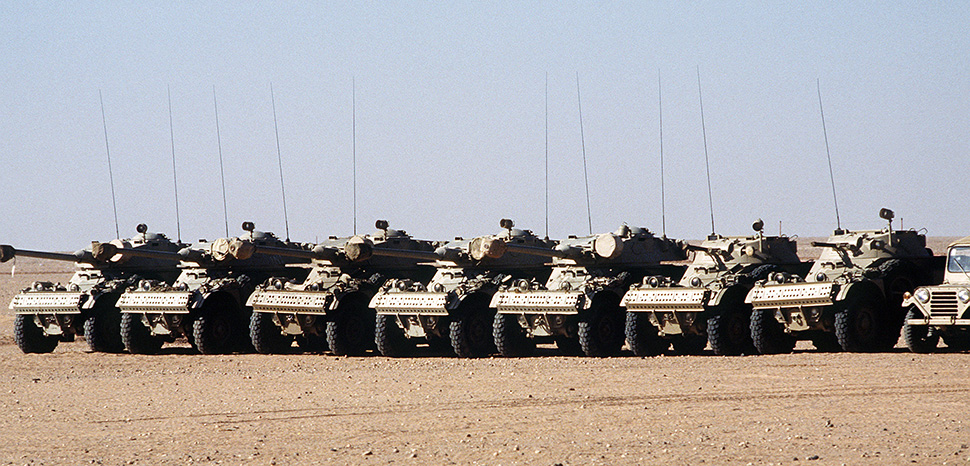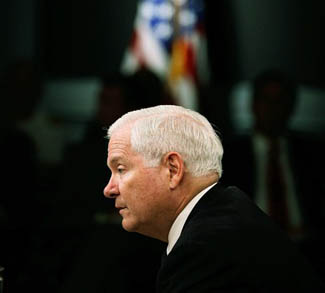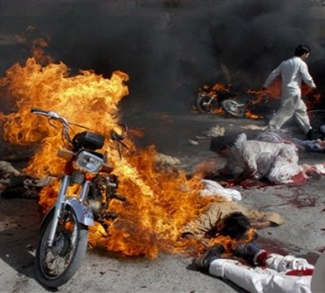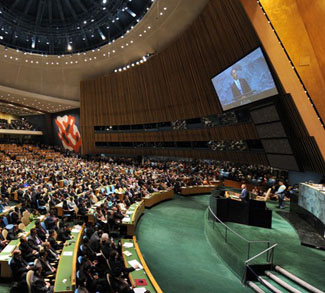The return of Africa to the Cold War era and coups that were orchestrated by the two dominant powers of that time, the United States of America and the Soviet Union, is very unfortunate news for the world and particularly for European countries. This is because, in the face of geopolitical confrontations, Africa can be a crucial supplier of raw materials and energy, capital, and young labor.
The recent political upheaval in the African country of Niger, which involved a military coup that ousted the president and received support from two neighboring nations, Burkina Faso and Somalia, sparked a lot of anxiety in the Western world, particularly among the European countries, and most notably in France, which has a long history and a lot of economic and strategic interests in the region. The coup plotters demonstrated their support for Russia by waving Russian flags (and taking down French flags) and chanting pro-Russian slogans. This sends a chilling signal to the West, revealing the effectiveness of Putin’s ambitious and covert strategy to expand his influence and interests in Africa.
At a summit that preceded the coup and involved Russia and African heads of state, Prigozhin, the former rebel leader of the Wagner group, appeared in public for the first time since the rebellion and met with African leaders. This meeting shows the importance of mercenary groups like Wagner in Russia’s African policy. At the summit, Putin also canceled $23 billion of African debt owed to Russia and offered $90 million more in aid. He also made a bold promise to supply free grain to Africans in case the deal to transport grain through the Black Sea falls through.
Russian President Vladimir Putin, whose country is embroiled in a seemingly never-ending war with Ukraine, is seeking to open new fronts of confrontation with the West, and in doing so, he is turning Africa into a new battleground for the great powers. In Africa, Russia uses KGB-style hybrid methods and has revived the Cold War tactics used by the Soviet Union. Moscow uses its African proxies, such as the Wagner mercenary group, to exploit the turmoil and fragility in Africa for its own gain. By backing African leaders with financial and military aid and promoting pro-Moscow regimes, Moscow seeks to secure its foothold in this region that is vital for the West. Russia’s strategy in Africa remains unchanged despite the Wagner rebellion. Instead of relying on one group, Russia is seeking to create multiple militias like Wagner to diversify its operations in Africa.
Russia’s policy in Africa has undermined the interests of the West, especially Europe, and has created a major concern for France. The coup d’état in Niger could trigger political changes in the region that would ultimately drive France out of the Sahel region. Last year, after nine years of continuous military intervention in Mali, France withdrew its forces from this country. In fact, if the 1,500 French soldiers present in Niger are forced to leave this country, Chad will become the only country in the Sahel region of Africa to host a French military base.
France has a vital stake in this region, especially Niger, for two main reasons: its nuclear energy and its migration policy. Niger supplies France with 10% of the uranium it needs to power its nuclear reactors, which provide about 75% of its electricity. Moreover, Niger is a key transit country for migrants who attempt to reach Europe via the Mediterranean, and France has been trying to curb this flow by supporting Niger’s border security. Losing influence in Niger would be a serious setback for France’s interests. The Niger coup has also tarnished the image of Emmanuel Macron and the French military and intelligence agencies. France’s foreign intelligence agencies, which boasted of predicting the Wagner coup, failed to foresee any of the military coups in Mali, Burkina Faso, and Niger. This has raised doubts about France’s stabilization strategy in Africa, both in Europe and within France. Many observers believe that France’s failure is driving African countries to seek closer ties with China and Russia.
The United States of America did not take a very strong stance against the coup, despite condemning it and evacuating its citizens from Niger. It did not threaten any military intervention. This is because Washington is happy to see the influence of European powers, such as France, diminish in Africa. It also wants to stop the export of mineral resources from these countries to Europe and increase Africa’s dependence on the United States.
Russia is trying to expand its influence in Africa, but it faces several challenges. According to the Afrobarometer survey, most Africans regard China as their main partner, while Russia has low popularity on the continent. Russia also lacks significant investment and trade in Africa. Its trade volume with Africa is only $18 billion, compared to China’s $282 billion and the United States’ $72 billion. Moscow has been using pro-military forces in Africa to advance its interests. It recruits from rebel and terrorist groups in Africa and employs their offensive capabilities to orchestrate and support coups in favor of pro-Russian elements.
Russia is facing intense pressure from the United States and its allies, especially in Europe, over the Ukraine war. To divert Europe’s attention from Ukraine and ease some of the pressure, Russia is opening new fronts of confrontation with the West in strategic areas such as Africa and the Middle East. Russia also uses rhetoric such as the imminent war in Africa to send a message to the West and Europe. It warns them that Moscow’s capacity to cause destruction and escalate tension is not confined to Europe and can challenge the West’s interests in other regions as well. The Niger coup also shows that Europe cannot depend on the United States to protect its security and economic interests. The United States has different priorities and will not invest its resources on Europe’s behalf. The fact that Washington only issued a statement condemning the Niger coup is evidence of this claim.
The views expressed in this article belong to the authors alone and do not necessarily reflect those of Geopoliticalmonitor.com.




